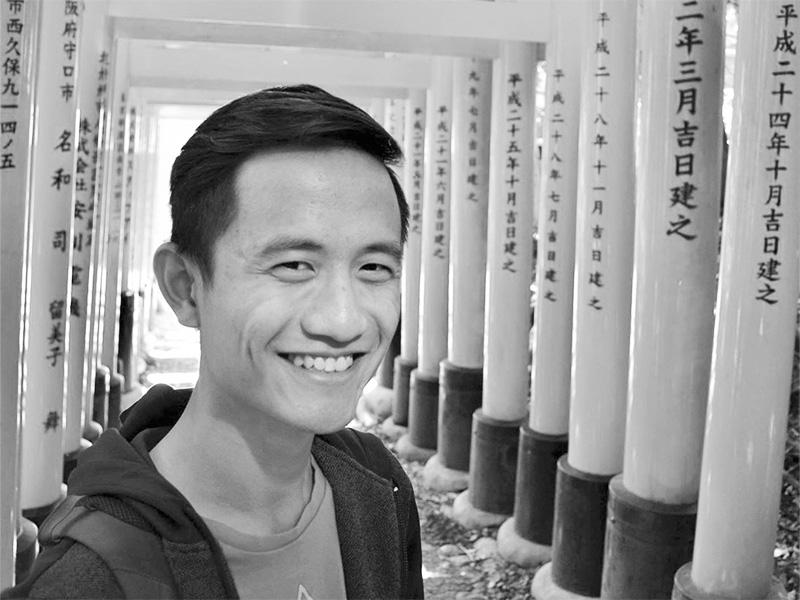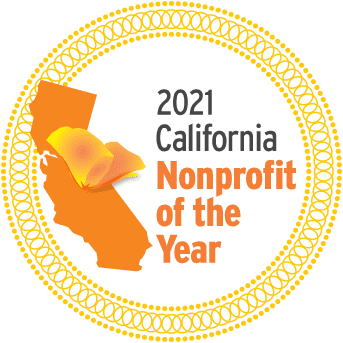Some of the men, who wore tasseled caps and gowns over their prison-issued blue denims, are serving life sentences. Others are newbies – behind bars less than a year. And the keynote speaker: a bank-robber-turned-author.
In an emotional graduation ceremony Thursday, seven inmates received associate’s degrees at San Quentin State Prison – the newest batch of graduates in the state’s only on-site prison college program. They were joined in the front pews of the prison chapel by a few dozen men who had earned their GEDs, high school diplomas and vocational certificates.
The keynote speaker, Joe Loya, told the graduates that, by seeking higher education, they created a future different from the one that their lives and circumstances seemed to dictate.
“You’re defeating your path,” said Loya, a playwright and essayist who spent seven years at a federal prison in Massachusetts. “You’ve moved closer to the world. And at this moment, the world has moved closer to you.”
A prison band, “Committed,” played a few R&B songs. Friends and family members, and a handful of the program’s 70 volunteer teachers, cheered them on. There were tears in remembrance of a friend who recently died, a fellow inmate who taught a plumbing course.
For some of the graduates, it was a heady mix of emotions.
“This here is a weird feeling,” said Carl Abdul Stewart, wearing a huge smile and a beaded necklace.
Stewart, 33, has been imprisoned for 16 years. He said he never saw education as important and was the first of his siblings to finish high school.
But his perspective has changed. After he saw someone in San Quentin get stabbed in the neck, he realized he wanted to find a way out. Encouraged by his cellmate and wife, Stewart became interested in learning.
“It took some growing up on Level Four,” he said, referring to a maximum security area. “This is not the life I want.”
Approximately 200 inmates are enrolled in classes and 68 have attained their degrees from Patten University in Oakland, said Jody Lewen, founder and executive director of the Prison University Project. Recently granted status as a nonprofit, the organization coordinates the program, from raising funds to acquiring donated textbooks.
The college program started at San Quentin in 1996, two years after the passage of a law that prevents prisoners from receiving federal Pell grants. It does not charge tuition for classes and the instructors – many of them professors and graduate students from the University of California at Berkeley, San Francisco State University and other local schools – are entirely volunteer.
One of their main goals is to help the men to lead healthy, safe and productive lives when they leave prison, Lewen said. “We want to give them the tools to become leaders and role models” – both inside and outside the gates of San Quentin.
If he’s released by the Parole Board in two years, Stewart wants to build a career speaking to young people.
“They’re out there killing themselves because they believe there’s no other way,” he said. “I want them to see it’s not too late.”
Edward Sprunck, 46, also has plans for his release in late 2008. With an associate’s degree under his belt, he has set his sights on acquiring a California real estate license.
His stepfather is pleased. “This is the first time I’ve ever heard him really be serious about going forward,” Andre Flandrois said. “Something good will come of this.”
Lewen said the program runs counter to the way many inmates think of themselves and that classroom learning opens them up to essential social skills like collaboration and debate.
“It ends up totally redirecting them,” she said. “The world is a different place because now there are all these options, possibilities, hope.”
Flandrois was struck by the sense of community he saw watching the men applaud one another.
“It’s almost like they’re graduating from Yale.”
Attribution: This originally appeared on Marin Independent Journal on June 28, 2007. Read Story
Please note that the Prison University Project became Mount Tamalpais College in September 2020.











